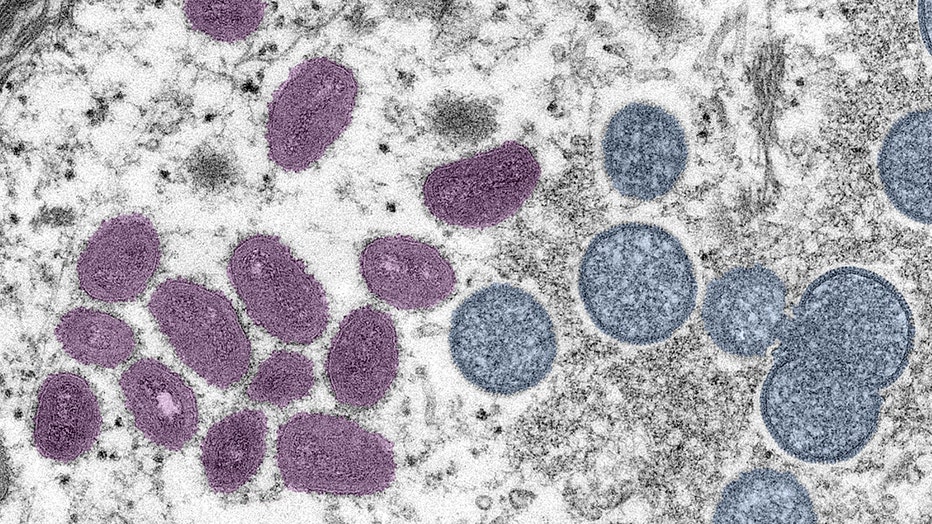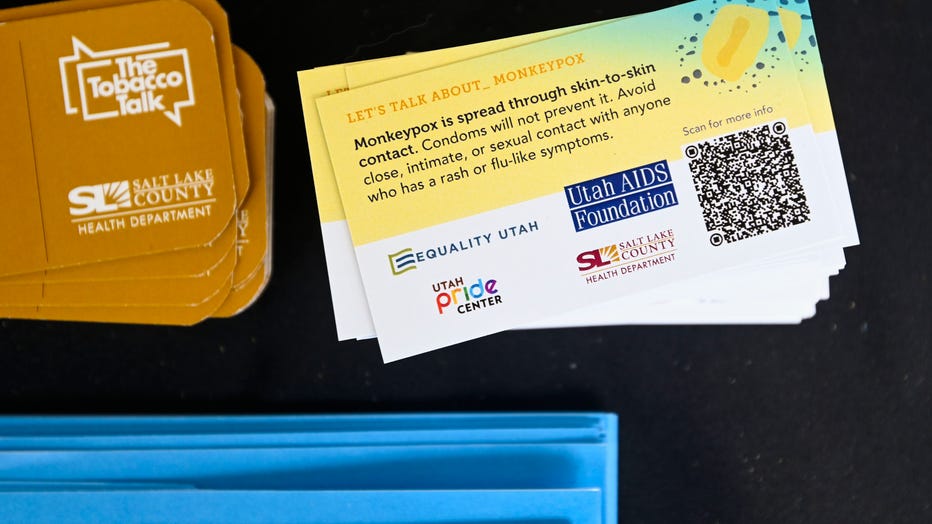WHO will rename monkeypox virus to counter concerns over stigma, discrimination

Doctors warn against monkeypox stigmatization
The World Health Organization said monkeypox cases globally have mainly, but not exclusively, been identified in men who are gay or bisexual. Now, local health professionals are raising awareness about the orthopoxvirus and its ability to infect anyone, not just specific groups of people.
The World Health Organization will rename the monkeypox virus in response to growing concerns that its current name leads to stigmatization and discrimination, particularly against African nations.
More than 1,600 confirmed monkeypox cases and nearly 1,500 suspected cases have been reported in 39 countries so far this year, Tedros Adhanom Ghebreyesus, director-general of the WHO, said Tuesday. Thirty-two of those countries are newly affected. There have been 72 deaths in countries where monkeypox has been detected for years, mostly from animal-to-human spread, but no deaths in countries reporting cases for the first time.
WHO is convening an emergency committee next week to assess whether monkeypox "represents a public health emergency of national concern." A public health emergency of international concern is the WHO’s highest level of alert for viral outbreaks.
The agency had previously determined they did not need to meet, but with more countries affected and the virus’s "unusual" recent behavior, there’s more need for a coordinated global response, officials said.
RELATED: Monkeypox: What you should know as the disease spreads around the world
"With the advice from the emergency committee, we can be in a better position to control the situation, but it doesn’t mean that we are going straight to a public health emergency of international concern," Dr. Ibrahima Soce Fall, WHO’s emergencies director for Africa, said. "We don’t want to wait until the situation is out of control to start calling the emergency committee."

Digitally-colorized electron microscopic (EM) image depicting a monkeypox virion (virus particle), published June 6, 2022. (Photo via Smith Collection/Gado/Getty Images)
Last week, a group of roughly 30 scientists released a letter asking that the name of the virus be changed. WHO said it's "working with partners and experts from around the world on changing the name of monkeypox virus, its clades and the disease it causes."
"In the context of the current global outbreak, continued reference to, and nomenclature of this virus being African is not only inaccurate but is also discriminatory and stigmatizing," scientists said in the letter. "The most obvious manifestation of this is the use of photos of African patients to depict the pox lesions in mainstream media in the global north."
A leading adviser to WHO said the outbreak in Europe and beyond was likely spread by sex at two recent rave parties in Spain and Belgium.
RELATED: 2 monkeypox strains found in US suggest undetected circulation
So far, many of the reported cases have been in men who have sex with men, but scientists warn that anyone, regardless of sexual orientation, is susceptible to catching monkeypox if they are in close, physical contact with an infected person or their clothing or bed sheets.

Information regarding the Monkeypox virus sits out on the Salt Lake County Health Departments table at the Utah Pride Festival on June 5, 2022 in Salt Lake City, Utah. (Photo by Alex Goodlett for The Washington Post via Getty Images)
The illness typically begins with flu-like symptoms and swelling of the lymph nodes, followed by a rash on the face and body.
The Associated Press contributed to this report.

